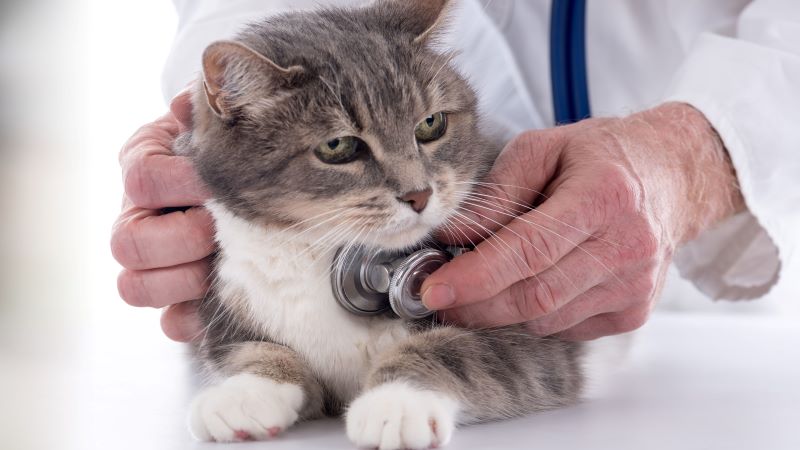Feline arterial thromboembolism
Arterial thromboembolism is a common complication of feline cardiomyopathy. In many cats, underlying cardiac disease can be clinically silent. Risk factors for development of arterial thromboembolism include a previous episode of arterial thromboembolism; spontaneous echocardiographic contrast; severe left atrial enlargement; reduced left atrial and left ventricular function; and low left auricular appendage blood flow velocities. Diagnosis can be based on clinical signs, but echocardiography is necessary to confirm the presence of cardiomyopathy. Antithrombotic treatment is often empirical, as prospective studies are lacking. Clopidogrel has been shown to be superior to aspirin in prevention of subsequent arterial thromboembolism events, and future studies might show efficacy of other antithrombotic drugs. Cats that survive the initial thromboembolic event might have a fairly favourable prognosis, with a survival of over 12 months.
Eva Pavelková -
